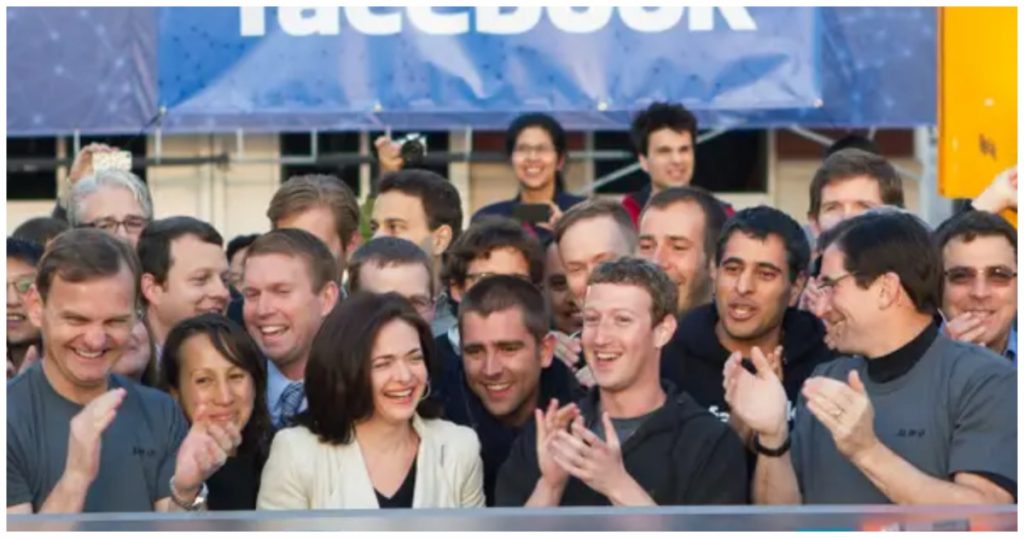Mark Zuckerberg is one of the world’s greatest entrepreneurs, and he’s pretty special in his own right — he founded Facebook at the age of 19, and was a billionaire by the age of 23. But even though he might’ve been prodigiously talented, he wouldn’t have been able to get where he has without putting together a great team.

Mark Zuckerberg says that the way he defines a good team is that the team makes better decisions than the decisions its constituent members would’ve made by themselves. “One definition that I have for a good team is a group of people that makes better decisions as a whole than would individually make as a sum of the parts,” he said on a podcast.
Zuckerberg says another characteristic of a good team is that the members are constantly learning from one another. “I think most smart people like learning. That’s one of the thrills of starting a company. The learning curve can be so steep. And if you can set up a team dynamic where you’re constantly learning from the people around you, then, I mean, what’s better? These are the people I wake up every morning and I want to go learn from and work from,” he adds.
Zuckerberg also has a famously high bar for hiring people. “I will only hire someone to work for me if I could see myself working for them,” he’d previously said. “Not necessarily that I want them to run the company because I like my job, but in an alternate universe, if it was their company and I was looking to go work somewhere, would I be happy to work for them,” he had added.
And Zuckerberg seems to have built a world-class team at Facebook. Not only has the company become one of the biggest companies in the world, its alumni have gone on to do great things. Former Facebook employee Adam D’Angelo is the founder of popular social media site Quora, and Chamath Palihapatiya is an investor and a popular podcaster. And one of the pillars behind this success is Zuckerberg’s belief that a team should collectively make better decisions than its constituent members would have working by themselves.